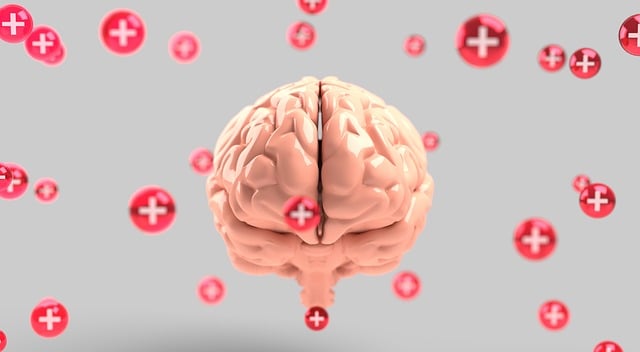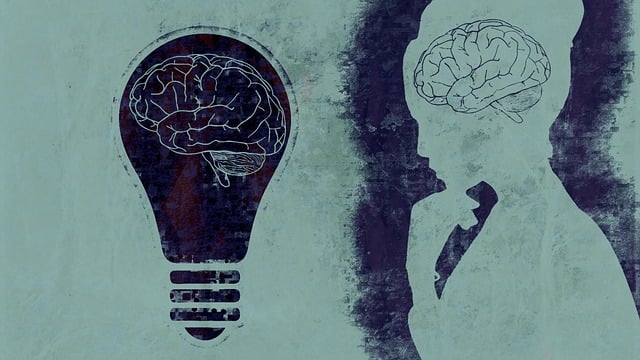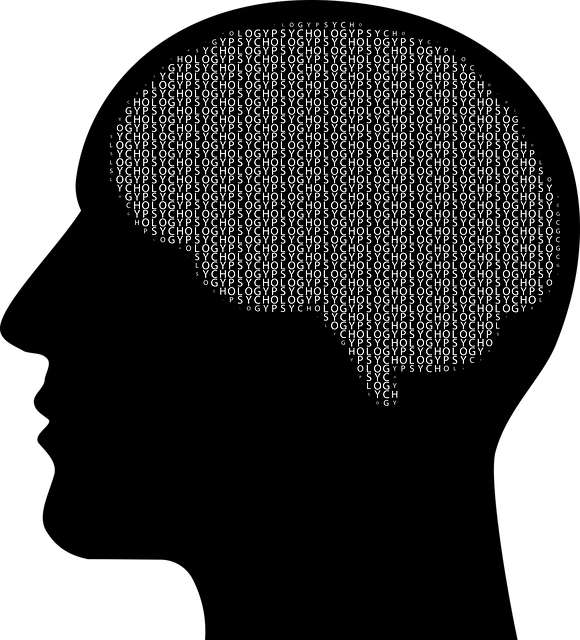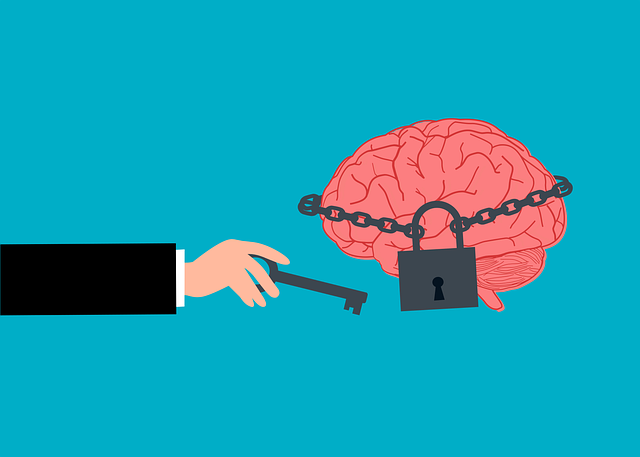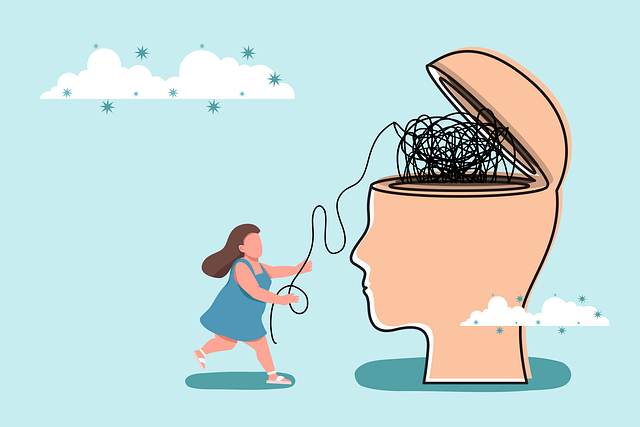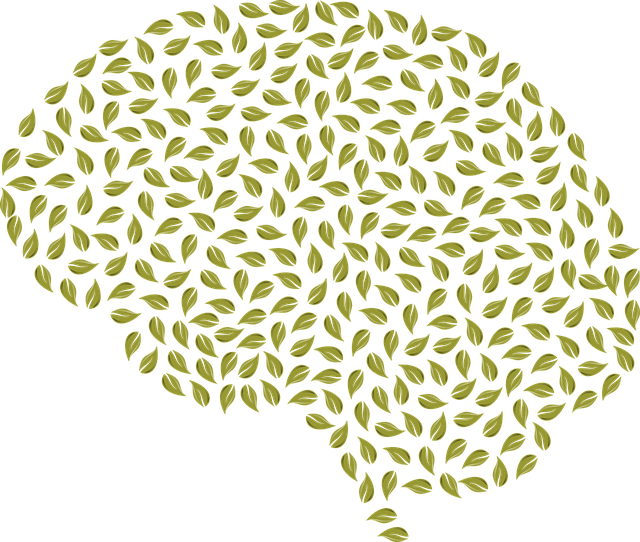In today's fast-paced world, addressing mental health is more critical than ever. The text highlights the growing need for accessible mental health education, focusing on initiatives like Lafayette Gender-Affirming Care Therapy (LGACT) that empower individuals to manage their well-being. LGACT, with its specialized focus on gender-affirming practices, equips future professionals to provide inclusive support. Through interactive workshops, mindfulness meditation, and diverse learning formats, these programs foster resilience and self-awareness, particularly within LGBTQ+ communities. Strategic curriculum design, including case studies and Empathy Building Strategies, ensures cultural sensitivity and prepares students for real-world crises. Evaluating program success through assessments and follow-ups is vital to improving mental health education and driving positive change.
In today’s society, mental health issues are prevalent, emphasizing the need for comprehensive education programs. This article explores the design of effective mental health educational initiatives, from understanding societal challenges to implementing inclusive curricula. We delve into the unique role of Lafayette Gender-Affirming Care Therapy in enhancing student well-being and engagement. By examining implementation strategies and success measurement, this guide offers insights into creating impactful programs that foster healthier minds.
- Understanding Mental Health Issues in Today's Society: A Comprehensive Overview
- The Role of Lafayette Gender-Affirming Care Therapy in Educational Programs
- Designing an Inclusive Curriculum: Addressing Diverse Needs and Identities
- Implementation Strategies: Ensuring Effective Delivery and Student Engagement
- Measuring Success and Impact: Evaluating the Efficacy of Mental Health Education Programs
Understanding Mental Health Issues in Today's Society: A Comprehensive Overview

In today’s fast-paced and often stressful world, understanding mental health issues has become more crucial than ever. Mental health problems, such as anxiety, depression, and stress-related disorders, are prevalent across all demographics, including young adults, working professionals, and even children. The impact of these conditions can be profound, affecting not just individuals but also their families, communities, and places of work. In light of this, there’s a growing need for accessible and comprehensive mental health education programs that equip people with the knowledge and skills to recognize and address these challenges effectively.
Lafayette Gender-Affirming Care Therapy plays a significant role in navigating this landscape by offering insights into the unique aspects of mental health as they pertain to diverse identities and experiences. By incorporating topics like stress management, depression prevention, and building resilience, these programs foster an environment where individuals feel empowered to take charge of their well-being. Moreover, such initiatives can be catalyzed and enhanced through interactive Stress Management Workshops Organization, which provide practical tools and strategies for managing mental health issues in daily life.
The Role of Lafayette Gender-Affirming Care Therapy in Educational Programs

The integration of Lafayette Gender-Affirming Care Therapy (LGACT) within mental health education programs offers a transformative approach to fostering inclusive and effective support for diverse individuals. LGACT provides a specialized framework that focuses on gender-affirming practices, ensuring that students learn to navigate complex issues surrounding gender identity with compassion and expertise. By incorporating this therapy into the curriculum, educational programs can better prepare future mental health professionals to handle a wide range of client needs, particularly within LGBTQ+ communities.
Incorporating LGACT into training equips practitioners with essential skills in risk assessment for mental health professionals, enabling them to recognize and mitigate potential hazards related to gender-based discrimination or harassment. Moreover, it promotes the teaching of mindfulness meditation techniques that enhance self-awareness and emotional regulation, both crucial aspects of building inner strength development among students and their future clients. This holistic approach ensures that mental health education is not only comprehensive but also responsive to the evolving needs of today’s diverse society.
Designing an Inclusive Curriculum: Addressing Diverse Needs and Identities

Designing an inclusive curriculum for mental health education requires acknowledging and addressing diverse needs and identities within the community. This approach ensures that the program resonates with a wide range of individuals, fostering a safe and supportive learning environment. For instance, incorporating topics related to Lafayette Gender-Affirming Care Therapy can help normalize discussions around gender identity and expression, making mental health resources more accessible to transgender and non-binary folk.
Diverse learners bring unique perspectives, experiences, and challenges to the classroom. An effective curriculum should reflect this by integrating various formats like interactive workshops, group discussions, and multimedia resources. This approach caters to different learning styles and encourages active participation, enhancing knowledge retention and skill development. Moreover, integrating Empathy Building Strategies throughout the program cultivates understanding and connection among participants, reinforcing the core principles of mental wellness support.
Implementation Strategies: Ensuring Effective Delivery and Student Engagement

Implementing a mental health education program requires strategic planning to ensure its effective delivery and maximum student engagement. One key strategy is adopting a comprehensive approach that integrates theoretical knowledge with practical, real-world applications. For instance, incorporating case studies from diverse populations, including those benefiting from Lafayette Gender-Affirming Care Therapy, allows students to develop cultural sensitivity in mental healthcare practice. This hands-on learning fosters a deeper understanding of various therapeutic techniques and prepares them for the nuances they’ll encounter in their future careers.
Additionally, fostering an inclusive learning environment is paramount. Educators should promote active participation through group discussions, role-playing scenarios, and interactive workshops that encourage peer learning. Integrating risk assessment tools, such as those used in mental health professional risk management planning, can enhance students’ ability to recognize and respond appropriately to potential crises. By balancing academic rigor with engaging pedagogical methods, the program ensures not only knowledge retention but also equips students with the skills needed to deliver compassionate and effective mental healthcare services.
Measuring Success and Impact: Evaluating the Efficacy of Mental Health Education Programs

Evaluating the success and impact of mental health education programs is a critical step in understanding their effectiveness and ensuring continuous improvement. Measuring success goes beyond simply delivering content; it involves assessing changes in participants’ knowledge, attitudes, and behaviors related to mental wellness. This process helps identify what’s working and where adjustments are needed. One effective method is using pre-and post-program assessments to gauge knowledge gain and attitude shifts. For instance, programs focused on self-care routine development for better mental health can assess participants’ implementation of new strategies through follow-up interviews or surveys.
In the context of Lafayette Gender-Affirming Care Therapy, evaluating impact might include tracking improvements in emotional healing processes among participants. This could be achieved through journaling exercises that capture their experiences and reflections throughout the program. Additionally, mental wellness journaling can provide valuable insights into the long-term effects of the program, allowing for tailored adjustments to meet evolving needs. Such assessments not only hold programs accountable but also contribute to a growing body of knowledge on effective mental health education strategies.
Mental health education programs, enhanced by inclusive curriculum design and innovative strategies like the implementation of Lafayette Gender-Affirming Care Therapy, have the potential to revolutionize student well-being. By addressing diverse needs and identities, these programs not only equip students with valuable coping skills but also foster a supportive learning environment. Through effective implementation and rigorous evaluation, we can ensure that mental health education becomes an integral part of the curriculum, positively impacting students’ lives both inside and outside the classroom.
